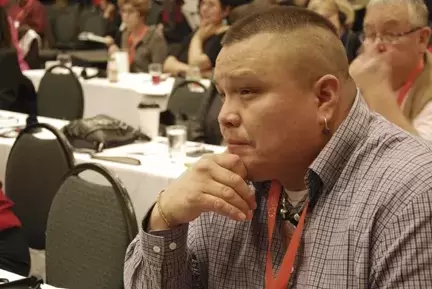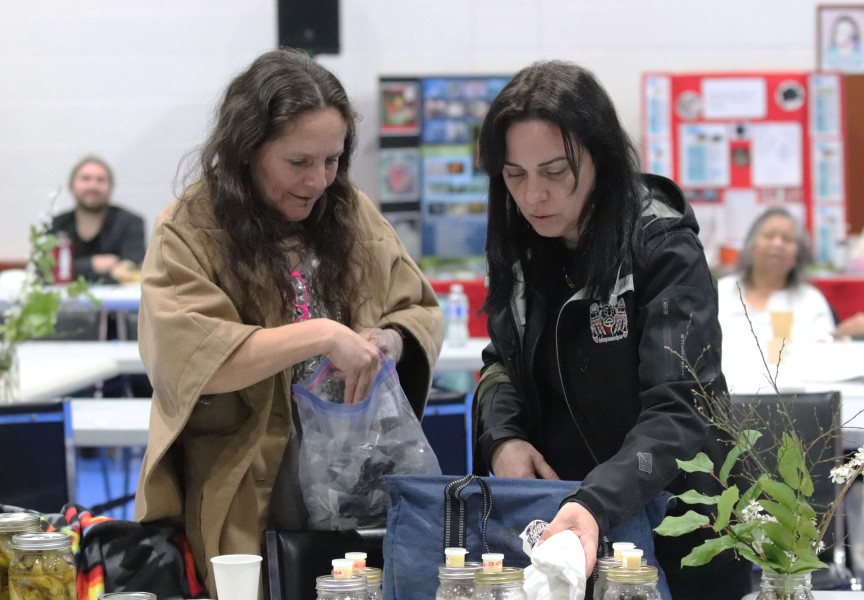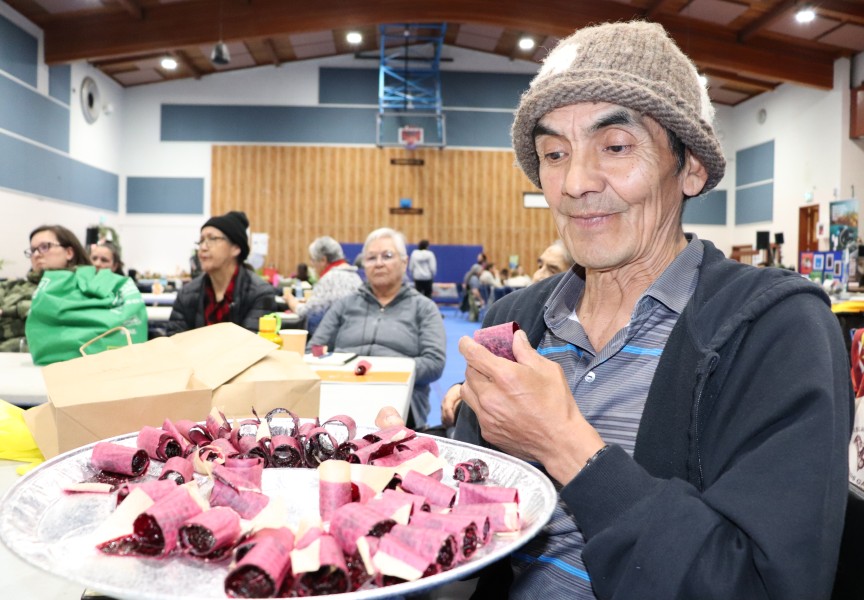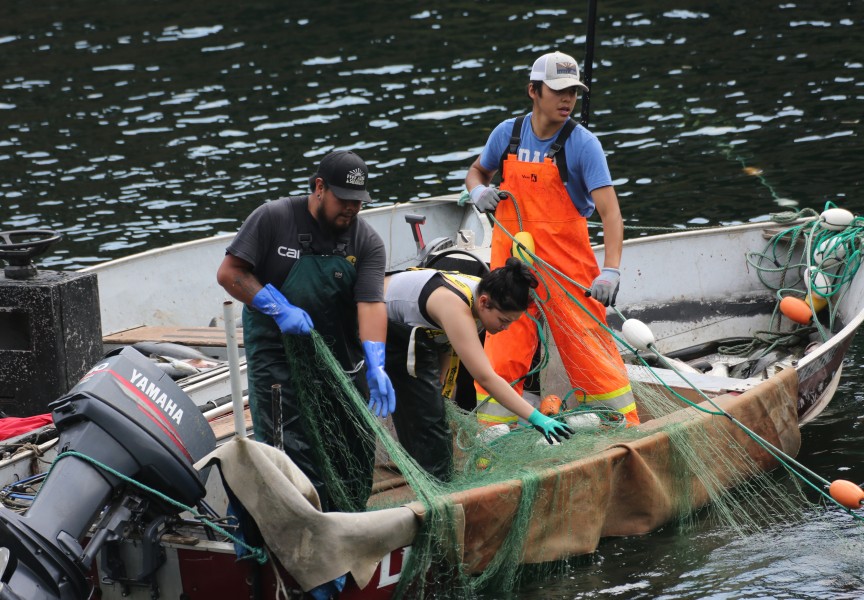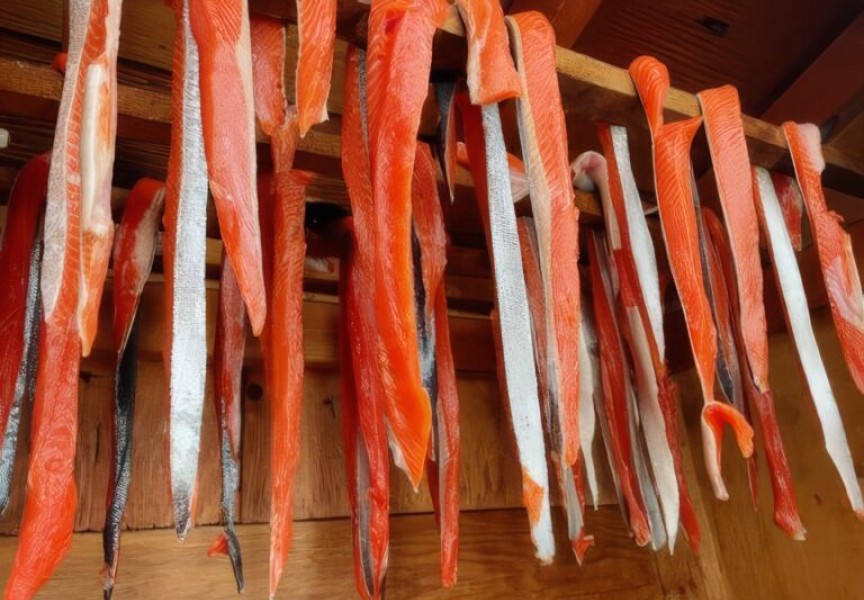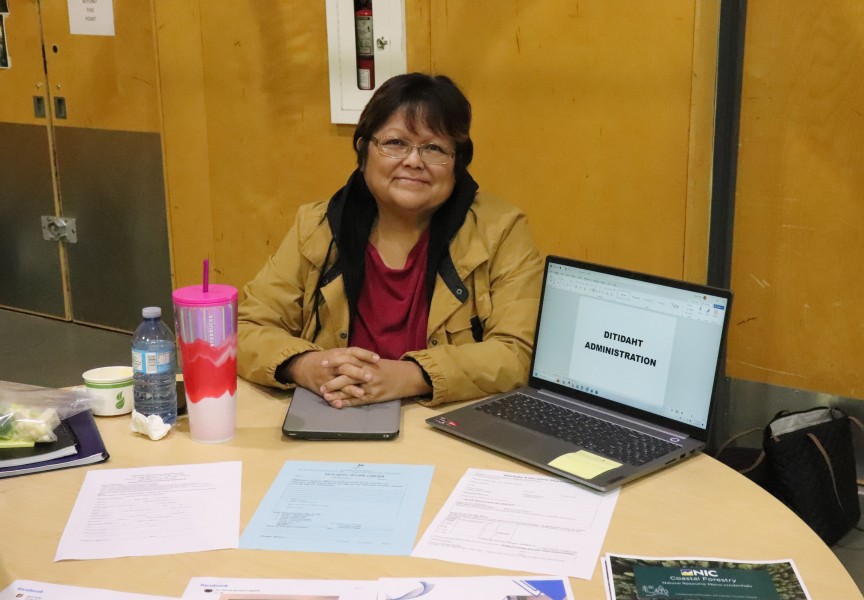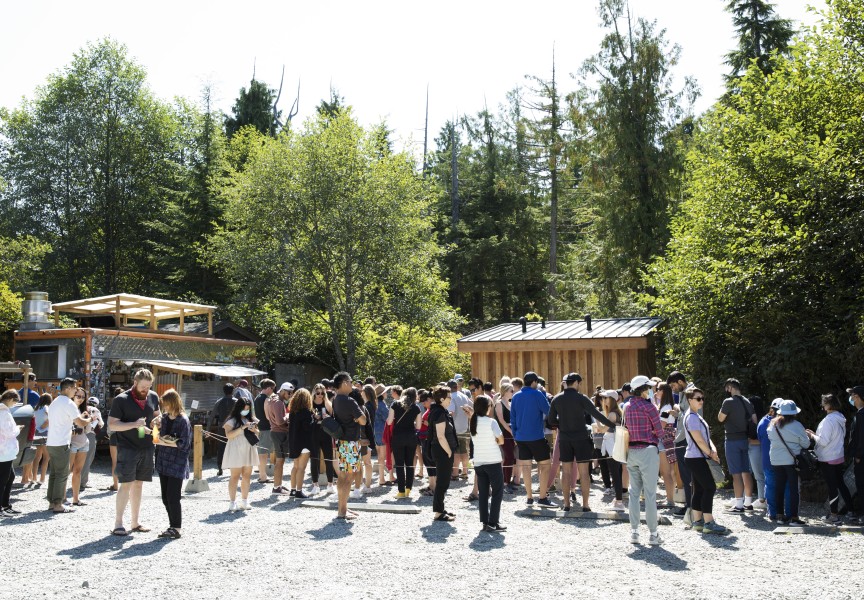Gilakasla Gigagame! Gilakasla Nuu-chah-nulth! Nugwa’um T’lakwadzi. Guya’tlan D’zadaineuk, guya’tlan Wei wai kum.
I thank the chiefs and ancestors of the Nuu-chah-nulth Nation where I am working and where my five children and my partner come from.
For de-colonizing purposes, I would like to be called T’lakwadzi, which is my Kwakwaka’wakw ancestral name; however, my non-indigenous name is Gary Dawson-Quatell.
My Dawson name comes from Kingcome Inlet tribe and my Quatell name from the Campbell River tribe. I recently completed my Bachelor of Social Work in the First Nations Specialization stream at the University of Victoria.
I have a strong passion for our Indigenous people and love helping them in any fashion to my best ability! Growing up with my grandparents in Kingcome really helped to push this envelope of care for the Indigenous and all people for a matter of fact.
As a Resolution Health Support Worker (RHSW), this position requires numerous tasks and responsibilities. To highlight a few: interacting with survivors in all five components of the Indian Residential School Survivor Settlement Agreement (IRSSSA). The Common Experience Payment (CEP) and the Independent Assessment Process (IAP) are two of the five components, which will be at the forefront of the work we will do in the Nuu-chah-nulth communities.
Not only will we be there to support them through the application process, we will aid survivors in her/his hearing process, and the follow-ups after the hearing process.
As most that have been involved in this overall IRSSSA, they have come to form an opinion that the overall process is very cumbersome and very oppressive. Therefore, I will provide cultural and emotional support throughout the overall process.
Although, there is no hearing process with the CEP, the IAP has the hearing process and is very intrusive, and for many survivors, she or he have never told her/his physical and/or sexual abuse stories from her/his experiences in residential school.
Our mandate is a bit different than the RSHW’s that was hired by Health Canada. For the Nuu-chah-nulth Nation we will be positioned in a higher capacity for the Nuu-chah-nulth survivors and their families.
A huge part of our positions will be to encourage the de-colonizing aspects. Moreover, the cultural aspect to healing plays a huge part in our role as Nuu-chah-nulth RHSWs. Thus, letting the survivors know of the various supports throughout the entire process is at the top of my tasks and responsibilities!

